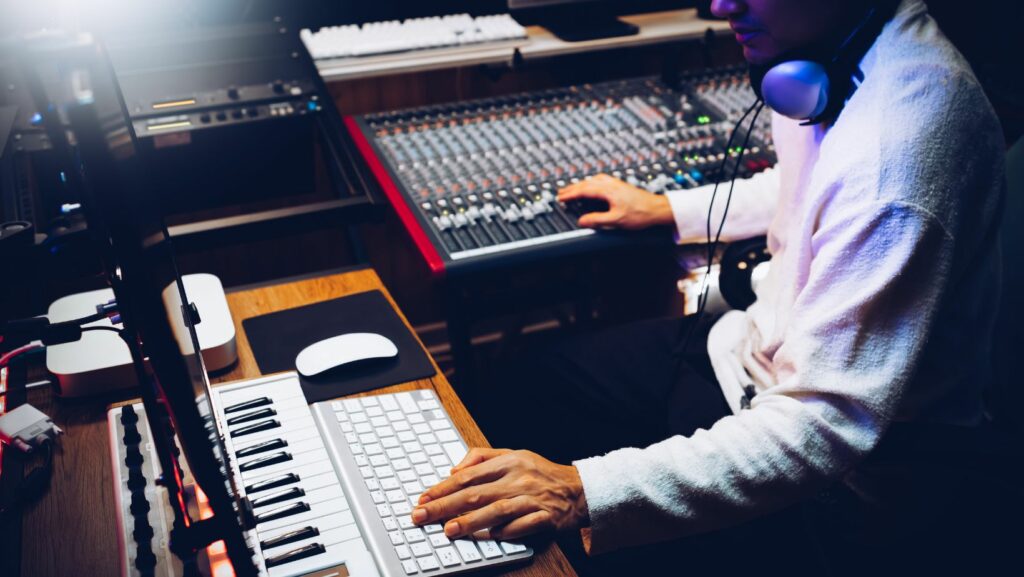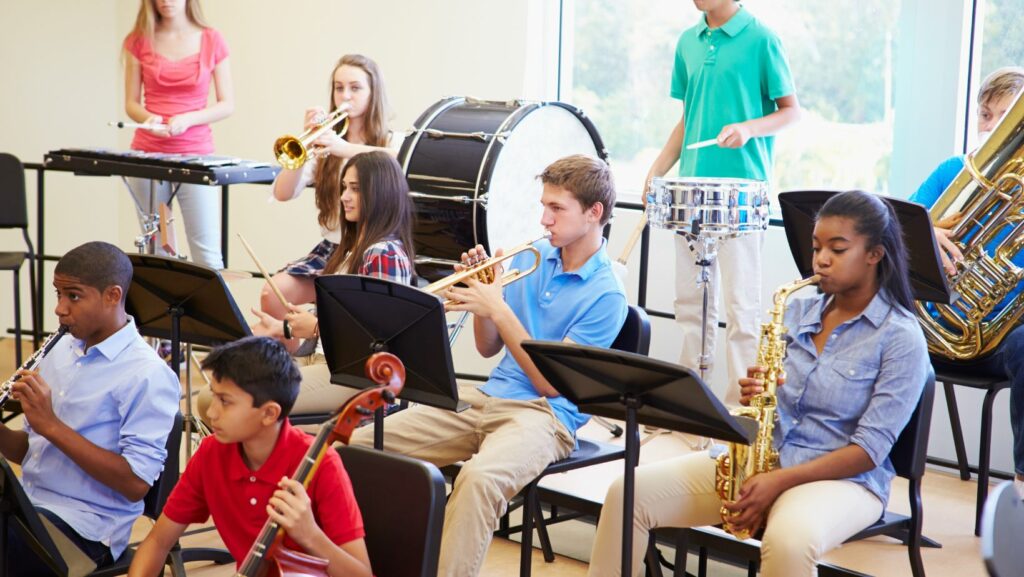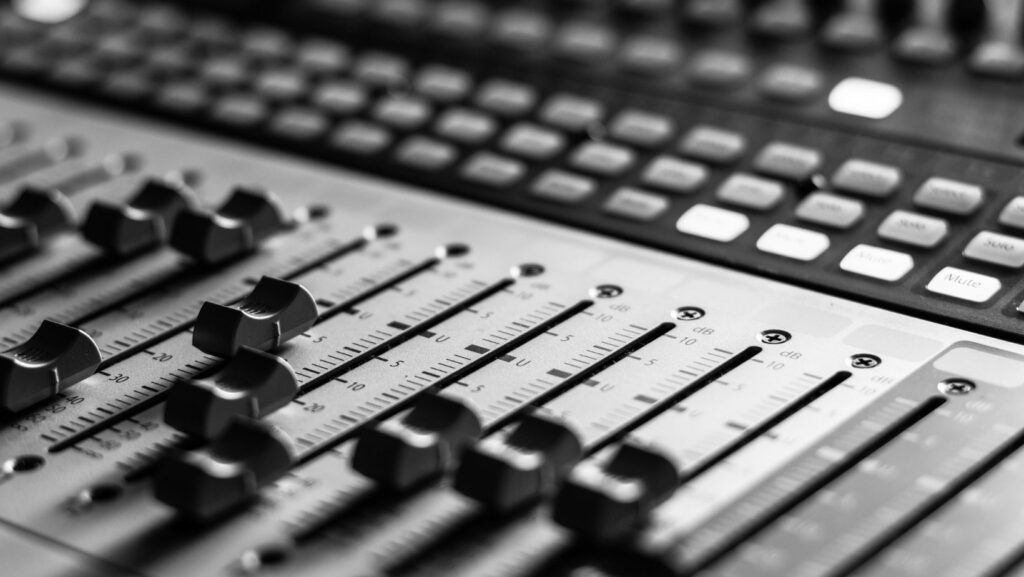In the vibrant world of sound, music production is the hidden hero, shaping the melodies and beats we can’t help but move to. For those with a passion for this art, choosing the right music production school can be the launchpad for a successful career.
These schools don’t merely teach you to play an instrument; they foster creativity, technical prowess, and a deep understanding of the music industry. But with so many options out there, how do you pick the right one?
Schools for Music Production
Opting for the right school dramatically impacts a budding music producer’s career trajectory. The key aspects to look at are the curriculum’s focus and faculty expertise.
Curriculum Focus
A specialized curriculum in music production schools is crucial. Ideally, it covers diverse aspects of music, from the basics of sound mixing to advanced music theory. Such curriculums serve as a solid platform for students to explore their creative potential and to understand the intricacies of sound production. They also delve into different genres of music, offering a broad perspective. It’s useful when the programs also incorporate business skills relevant to the music industry, preparing students for the commercial aspects of a music producer’s job.
Faculty Expertise
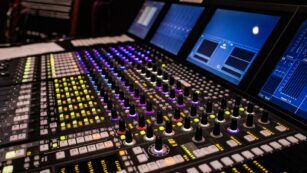 Faculty make a significant difference in a student’s learning experience. Renowned Schools for Music Production employ seasoned professionals who have made notable contributions to the music industry. These experts have practical experience that they bring into the classroom, providing real-world insights that are invaluable. Additionally, these professionals often have a strong network in the industry, opening up internship and job opportunities for their students. This blend of theoretical learning and practical experience equips students to face challenges they might encounter in their careers.
Faculty make a significant difference in a student’s learning experience. Renowned Schools for Music Production employ seasoned professionals who have made notable contributions to the music industry. These experts have practical experience that they bring into the classroom, providing real-world insights that are invaluable. Additionally, these professionals often have a strong network in the industry, opening up internship and job opportunities for their students. This blend of theoretical learning and practical experience equips students to face challenges they might encounter in their careers.
Key Programs and Courses Offered
Schools for music production often provide a rich curriculum tailor-made to equip students with comprehensive knowledge and practical skills suitable for each phase of their musical journey. Established on the previous article’s theme, this section delves into the specific degree programs and certification courses designed to cultivate an immersive learning atmosphere.
Degree Programs
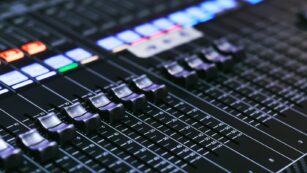 Degree programs in music production typically revolve around learning the ins and outs of sound manipulation and production tools, underlining their role in the music industry. Broadly, there are three primary degree options available in most Schools for Music Production:
Degree programs in music production typically revolve around learning the ins and outs of sound manipulation and production tools, underlining their role in the music industry. Broadly, there are three primary degree options available in most Schools for Music Production:
- Bachelor’s Degree: This undergrad course offers a deep dive into music technology, business principles, and audio production techniques, letting the student develop a solid foundation in music production.
- Master’s Degree: Aspiring music producers focus on advanced aspects of the field, studying key subjects like mastering, mixing, and digital media management in this postgraduate program.
- Doctoral Degree: Highly specialized, doctoral programs primarily cater to those looking to contribute to academic research or take on a professorial role in the field of music production.
Certification and Short Courses
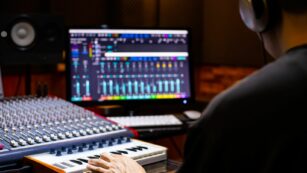 For those who wish to fast-track their learning or specialize in a particular branch of music production, certification and short courses become an indisputable choice. These programs, typically ranging anywhere from a few weeks to several months, dive into select elements of music production like:
For those who wish to fast-track their learning or specialize in a particular branch of music production, certification and short courses become an indisputable choice. These programs, typically ranging anywhere from a few weeks to several months, dive into select elements of music production like:
- Mixing and Mastering: Ideal for learning the subtleties of optimizing audio dynamics while maintaining a balanced sonic environment.
- Music Composition: Perfect for those looking to learn the art of melody construction and harmonic arrangement.
- Digital Audio Workstation (DAW) Training: Essentials of operating music production software like Ableton Live, Pro Tools, and Logic Pro X come alive in such courses.
Facilities and Equipment
Choosing a music production school isn’t just about the curriculum or faculty. It’s also about the facilities and equipment. The best schools offer state-of-the-art studios and access to the latest technology. This hands-on experience is invaluable in a field that’s constantly evolving. Whether it’s a Bachelor’s, Master’s, or a specialized course, the right school can shape a student’s career trajectory. It’s a decision that should be made with care, considering all factors including the programs, faculty, industry connections, and yes, the facilities. After all, the future of one’s music production career could very well hinge on this choice. It’s clear then that the right music production school is a launchpad, a place where talent meets opportunity and dreams take flight.

